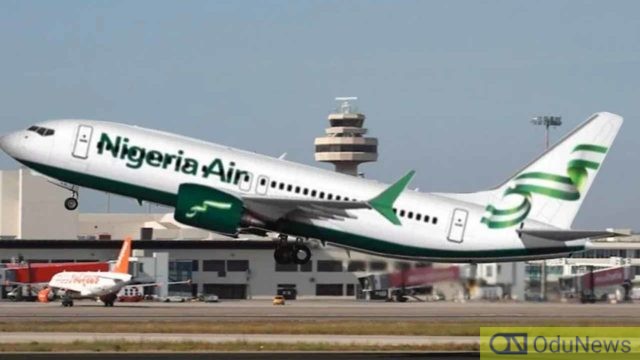The International Air Transport Association says Nigerian airlines and others across Africa will lose $700 million in 2022.

This was made known at the ongoing 78th IATA Annual General Meeting and World Air Transport Summit in Doha, Qatar.
IATA said that inflation, interest and exchange rates would affect the growth of the aviation industry globally, stressing that countries should learn from the COVID-19 pandemic.
Speaking at the summit, the IATA’s Director General, Willie Walsh, said, “Governments must have learned their lessons from the COVID-19 crisis. Border closures create economic pain but deliver little in terms of controlling the spread of the virus. With high levels of population immunity, advanced treatment methods, and surveillance procedures, the risks of COVID-19 can be managed. At present, there are no circumstances where the human and economic costs of further COVID-19 border closures could be justified.”
The IATA listed risk factors to the aviation sector, including the war in Ukraine and COVID 19.
It said that the impact of Russia’s invasion of Ukraine on aviation paled compared with the unfolding humanitarian tragedy.
It noted that the war in Ukraine would not escalate beyond its borders, but the rising fuel costs and a dampening demand due to lowered consumer sentiment would have a negative effect on the aviation sector.
It said the Russian international market, Ukraine, Belarus, and Moldova accounted for 2.3 per cent of global traffic in 2021, noting that about 7 per cent of international passenger traffic would normally transit Russian airspace (2021 data), which was now closed to many operators, mostly on long-haul routes between Asia and Europe or North America.
“There are significantly higher costs for re-routing for those carriers affected,” it said.
It disclosed that just under 1 per cent of global freight traffic originated in or was transited through Russia and Ukraine, but the greater impact was in the specialised area of heavy-weight cargo where Russia and Ukraine were the market leaders.
It said at $192 billion, fuel was the aviation industry’s largest cost item in 2022 (24 per cent of overall costs, up from 19per cent in 2021).
“This is based on an expected average price for Brent crude of $101.2/barrel and $125.5 for jet kerosene. Airlines are expected to consume 321 billion litres of fuel in 2022 compared with the 359 billion litres consumed in 2019.”


Comments are closed.